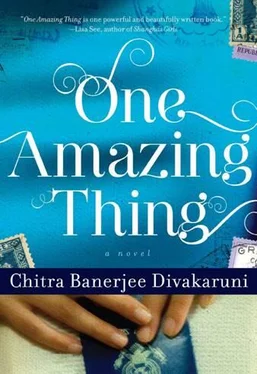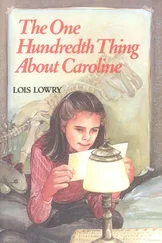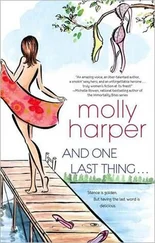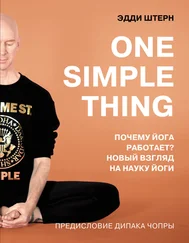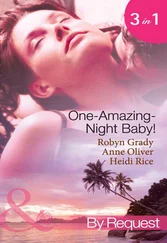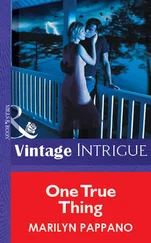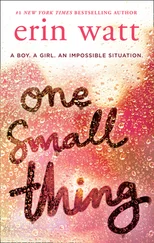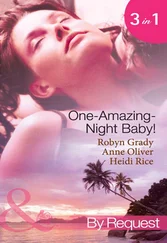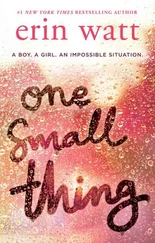Mrs. Huang was an ambitious teacher, and she pushed me. I didn’t mind. I was hungry. I listened meekly when she scolded me about having learned things the wrong way. I even stopped composing my own music-though I missed it-because she said that I must first get a full classical education. When she entered me in a local contest, I was nervous about playing in front of strangers. But I won. She entered me in a more important contest. I won again, and this second time I was less nervous. I began to realize that I was better than the other players. I enjoyed the attention of the audience and my parents’ excited hugs afterward. I asked Mrs. Huang for more competitions and practiced feverishly for them. I put away my dark clothes and Goth makeup and became positively suburban, additionally delighting my parents. Mark was away at college. It was his first semester, but neither my parents nor I paid much attention to how he was managing so far from home. We were too busy winning (a bigger high than entire bottles of cough syrup). And Mark was Mark, after all. We knew he would perform superbly.
When I e-mailed him details of my success, he wrote back congratulating me. At the end of the note, he added, Don’t do too much too soon. I thought it was a strange thing to write. I felt exactly the opposite. Music had come to me so late. I had to struggle to catch up with all those boys and girls who had been practicing since pre-kindergarten. How could it ever be too much?
But one Saturday morning, just a day before a major state-level competition, I woke up with a heaviness in my fingers. Actually, I felt heavy all over. I didn’t want to go into the room my parents had set aside for my practice (Mark’s old room). I didn’t want to play Bach’s Sonata No. 5 in E Minor, which was supposed to have been my opening piece, though it was one of my favorites. I wanted to call a girlfriend and go to the mall and giggle over girlish things-but I didn’t have a friend to call. My obsession had pushed my friends away.
When I realized that, I wanted to cry. Instead, I called my brother.
Mark’s voice on his cell phone sounded sleepy, although on the East Coast it was long past noon. I was surprised because he’d always been an early riser. I asked him what he’d been up to-we hadn’t spoken in a while-and why was he still sleeping. He said he’d been out late the previous night.
“Were you partying?” I asked. It was a joke; Mark never partied. His idea of a good time was meeting his geeky friends at the local Borders for a latte and discussing lesser-known scientific theories.
“I guess you could call it that,” he said.
Intrigued and amused, I asked if he partied often.
“Hey, listen,” he said abruptly. “Can I call you back? I have a terrible headache.” Before I could respond, he hung up. I waited around a couple hours, but he didn’t call.
My conversation-actually, nonconversation-with Mark made me feel heavier. By this time, it was afternoon and I definitely should have been practicing for the contest. Instead, I sneaked out of the house, took the 38 down to the ocean, and went for a walk, hoping the salty, stinging air would clear my head and help me figure out what was going on. Music had been my life for the past year. I heard it in my head while I went through the boring necessities of daily existence. The pieces I was dying to compose as soon as my teacher gave me permission flitted around in my sleep like colorful birds. Then why was I feeling that I couldn’t care less if I never saw my flute again? And Mark-was something wrong with him, as I felt in my gut, or was I just projecting my own gloom? Should I tell my parents about our chopped-off conversation, or would that be betraying him? I decided to wait until Mark came home for Thanksgiving and I had a chance to see himface-to-face.
I WAS HOPING THAT NEXT MORNING I WOULD BE BACK TO NORMAL, but by then a numbness had spread across my lips, and my fingers felt like they belonged to the Tin Man. I told my mother I didn’t feel well, but she said it was an attack of nerves and piled me into the car with all my musical paraphernalia. I’ll cut the painful details short: halfway through my first piece, I froze and had to be called off the stage. My parents took me home and put me to bed, sure I was coming down with the flu. Gramma felt my forehead, which was cool, declared that my spirit was sick, and burned some special incense in my room. She was closer to the truth. I’m not sure if the incense did its job, but the next morning I told my parents I didn’t want to enter any more contests and that Mark was in some kind of trouble. As I expected, both statements made them go ballistic.
At that time I was pretty ballistic myself, but now I don’t blame them too much. They’d tried hard to be good parents. They’d dedicated evenings and weekends to schlepping Mark around to his activities. They’d supported my sudden and expensive love affair with the flute. Most important, during all those years when we thought I wasn’t good at anything, they hadn’t nagged me about it. (For Asian parents, that’s as close to sainthood as you can get.) Now, it was as though they’d been handed a gold medal only to have it snatched away.
You can imagine the shouting matches. They took away my new flute and canceled my lessons. I retaliated by going back to black and putting on my eyebrow ring. Then they forgot about me because they got a call from Mark’s advisor. They didn’t discuss it with me, but by eavesdropping on their agitated conversation with Gramma, I gathered that Mark was failing his classes. I caught snippets of phrases: fallen into bad company, drinking habit, cutting class. Mark’s advisor had told them that this sometimes happens to kids from strict, traditional homes-they can’t handle the sudden freedom. I couldn’t fit my brother into a cliché like that. I was sure there was more behind his disaster. That weekend my stunned parents put a CLOSED UNTIL FURTHER NOTICE sign in their office window (the only other times they’d done that was when my mother went into labor) and left for Boston.
Monday morning I knew that if I had to sit through a day of meaningless chatter in class, it would drive me nuts, and I would do something everyone involved would regret. So I took my backpack and hurried like I was late for the school bus, but once I was out of Gramma’s sight, I went to the park. I’d packed Mark’s old flute, and I sat on my favorite bench behind the overgrown bottlebrushes and played the Moonlight Sonata and some nocturnes that seemed to suit my melancholy mood. When I got hungry, I ate the sandwiches I’d packed. Then I took a nap. When I woke up, I played my own melodies, closing my eyes and making things up as I went along.
I don’t know how long I played-my lips were hurting, but in a good way-when I felt hands on my face. I must have jumped a mile high and yelled loud enough to be heard across the park. When I opened my eyes, there was no one. I remembered Gramma’s stories about the spirits of the dead, and my hands started shaking. What if Mark had killed himself and his spirit had come to say good-bye? Then I saw the boy, hiding behind a bush. He must have run back there when I started screeching like a pterodactyl. I beckoned to him to come out, and when he did, I realized that he had Down syndrome. I’d seen Downies at the park a couple times, holding hands and walking, with an adult on either end. Maybe they came from a special school nearby. The boy-he was about ten years old-must have gotten separated from the group. He came up to me a bit nervously, but when I said I was sorry for scaring him, but he’d scared me, too, he told me he liked my music. I asked if he wanted to hear some more. He nodded and settled himself on the grass near my feet.
Читать дальше
